Editor’s Note, 06/22/22: Since this story first ran, four of the journalists named to the 2022-23 KSJ Fellowship class opted to defer their appointments for an additional year, and a journalist who had yet to commit to the 2022-23 class at the time of the original announcement has since confirmed her acceptance of the fellowship. As a result, the official 2022-23 fellowship class will consist of five fellows: Mary-Rose Abraham, an independent multimedia journalist based in Bangalore, India; Laura Bliss, a reporter and editor for CityLab, a division of Bloomberg News; Wojtek Brzeziński, a freelance science journalist based in Warsaw; Sebastien Malo, a climate and environment reporter in New York for Reuters; and Kelly Servick, a staff reporter and editor at Science Magazine.
After a two-year period of remote fellowships due to the Covid-19 pandemic, the Knight Science Journalism Program at M.I.T. is delighted to announce the resumption of its in-person fellowship program next August with a class that includes eight esteemed journalists from the U.S. and beyond.
The incoming fellows were originally selected to come to M.I.T. during the 2020-21 academic year, but their appointments were deferred due to the pandemic. The cohort includes award-winning freelancers, broadcast journalists, and staff reporters for outlets such as New Scientist, Reuters, and Science magazine. Selected from a pool of more than 100 applicants and representing countries ranging from Indonesia to Poland, the fellows have already planned an ambitious year of studies. While in Cambridge, they will delve into topics ranging from childhood cognitive development, to climate change’s impacts on freshwater ecosystems, to the use of algorithms in health and criminal justice.
“We’re thrilled to be able to relaunch our in-person fellowships in Cambridge with this talented, diverse group of journalists who are already thinking about such a wide array of interesting and important questions” said Knight Science Journalism Program Director Deborah Blum.
Because the upcoming fellowship class will consist of previously selected fellows who deferred their appointments due to the pandemic, the Knight Science Journalism Program will not accept applications for the 2022-23 academic year. The program will open again to new applicants in November 2022 for its 2023-24 fellowship class.
The Knight Science Journalism program, supported by a generous endowment from the John S. and James L. Knight Foundation, is recognized around the world as the premier mid-career fellowship program for science journalists. The program’s goal is to foster professional growth among the world’s small but essential community of journalists covering science and technology, and encourage them to pursue that mission, first and foremost, in the public interest.
During its two-year pause on in-person fellowships, the Knight Science Journalism Program launched remote, project fellowships that supported nearly 40 U.S. journalists pursuing in-depth, independent reporting projects. Since its founding in 1983, the Knight Science Journalism Program has hosted more than 350 fellows representing media outlets from The New York Times to Le Monde, from CNN to the Australian Broadcasting Corporation, and more.
“KSJ has a long tradition of playing host to some of the world’s best science journalists,” said Ashley Smart, the program’s associate director. “With this incoming class, the tradition continues.”
Below is a list of the 2022-23 Knight Science Journalism Fellows:
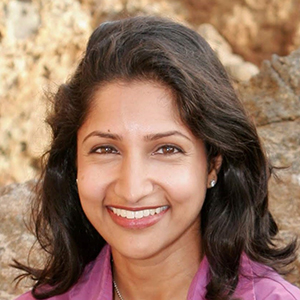
Mary-Rose Abraham is an independent multimedia journalist based in Bangalore, India. Her stories have been featured in BBC News, National Geographic, The Guardian, Deutsche Welle, Earth Island Journal, and Vice. She is the co-creator and co-host of “Scrolls & Leaves,” a world history, science and cultures podcast that has been featured by Spotify. Before moving to India, she was a staff producer at ABC News in New York, reported and produced for NPR, and was a researcher at NBC News. Abraham grew up in Los Angeles and has an undergraduate degree in Biology from UCLA and master’s degree (with honors) in Journalism from Columbia University.

Wojtek Brzezinski is a freelance science journalist based in Warsaw, and the former creator and host of Poland’s first weekly sci-tech TV news show, “Horyzont Zdarzen.” His recent work focuses on the effects that digital systems have on society and includes co-authoring the book “Strefy Cyberwojny” (“Cyber Warzones”) with Agata Kazmierska. His stories have been published by Tygodnik Powszechny, Poland’s oldest weekly, leading broadcasters like TVN and Polsat News, the Interia.pl news portal, and many other outlets. Brzezinski has won several national and European awards for his work, including the 2006 Prix CIRCOM for Europe’s best regional TV news story.
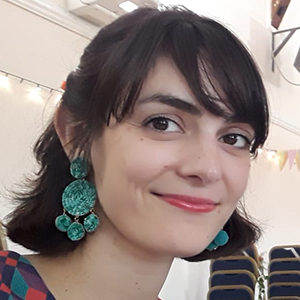
Jessica Hamzelou is a health and medical science reporter at New Scientist. She has a special interest in fertility, neuroscience, and the intersection between health, wellbeing, and technology. Jessica was named British Science Writer of the Year in 2018 by the Association of British Science Writers, and Best Specialist Digital Writer by the British Society of Magazine Editors in 2018 and 2021. She holds an undergraduate degree in biomedical sciences and a master’s in science communication.
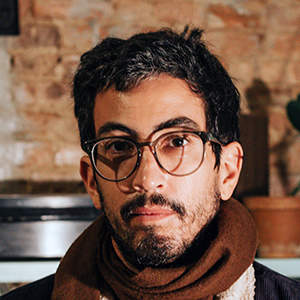
Sébastien Malo is a climate and environment reporter in New York for Reuters. He was a climate correspondent with the Thomson Reuters Foundation from 2015 to 2019. He has reported on climate change from the corridors of the United Nations to the farmlands of Niger and U.S. courts. He holds a master’s degree in international affairs from the Graduate Institute, Geneva, and a master’s degree in journalism with honors from Columbia University. He’s previously worked for Lebanon’s The Daily Star and investigative news website The New York World.
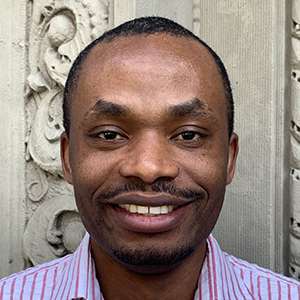
Chikezie Omeje is a Nigerian data and science journalist. He previously reported for the International Centre for Investigative Reporting, where he was initially tasked with building a health and science desk and later headed the newsroom. Before that, he was a news editor at Aso Radio and covered the environment and health. He has won many awards, including the best prize at the African Science Desk Journalism Awards and African Fact Checking Awards. He holds an MS in data journalism from Columbia University and an MA in journalism with a concentration in science from Stellenbosch University.
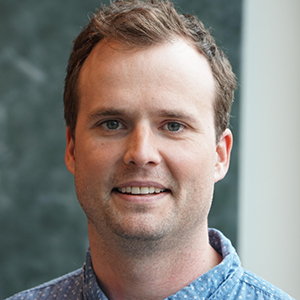
Justin O’Neill is a freelance audio producer and reporter based in Richmond, Virginia. Most recently, Justin helped create and launch the Smithsonian Institution’s Sidedoor podcast. As the show’s senior producer, he worked on nearly 100 episodes, reporting stories about wild gorilla researchers who created a crash vaccination program to stop a viral outbreak; geneticists who unlocked the smells of extinct plants; and entomologists who studied mosquito adaptation in Panama. Before his time at the Smithsonian, Justin produced space stories at NASA and podcasts about science of all kinds at National Geographic. He began his career in audio journalism at NPR’s Weekend Edition.
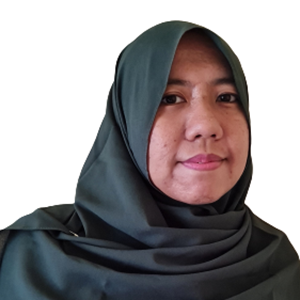
Dyna Rochmyaningsih is a freelance science journalist whose works have appeared in Science Magazine, Nature, BBC Future, and many others. Based in rural North Sumatra, she has written extensively on the intersection of science and society in Indonesia, the Global South, and the Islamic World. Rochmyaningsih earned a B.Sc. in biology from Bogor Agricultural University and is an alumnus of SjCOOP Asia, a science journalism program organized by the World Federation of Science Journalists. She won first prize in the “Struggle with Politics Project” at the 2019 World Conference of Science Journalists. She is also the Executive Director of the Society of Indonesian Science Journalists.
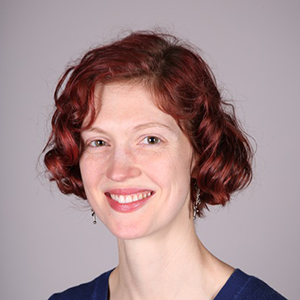
Kelly Servick is a staff reporter and editor at Science Magazine, where she has covered biomedical research and biotechnology, drug development, and most recently, neuroscience. Her work has also appeared in Scientific American, Wired, and other outlets. Her story on the use of lab-engineered mosquitoes to control insect-borne diseases in Brazil was a finalist for the U.S. National Association of Science Writers Science in Society award. She has a B.A. in cognitive science and is a graduate of the Science Communication Program at the University of California, Santa Cruz.


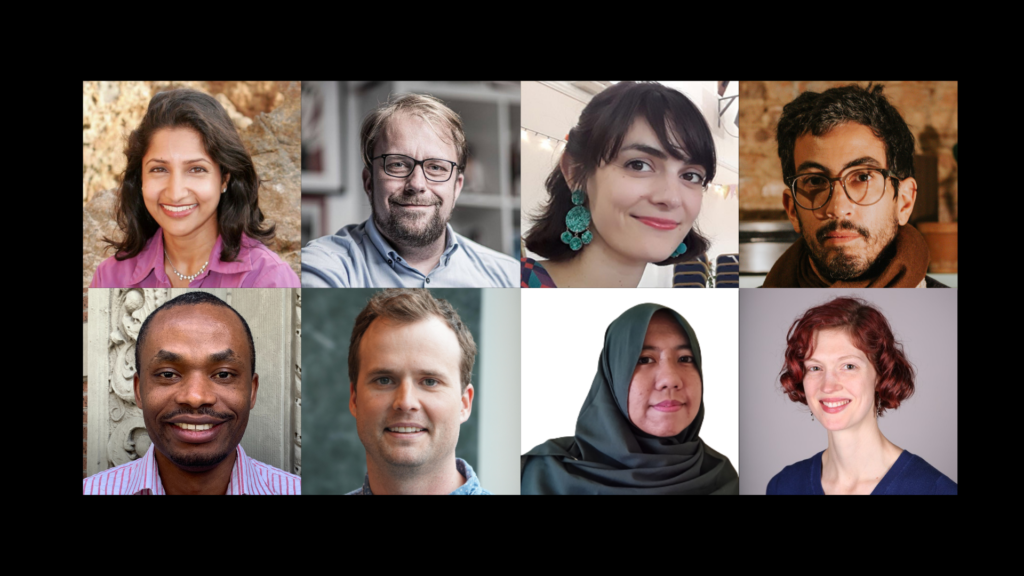

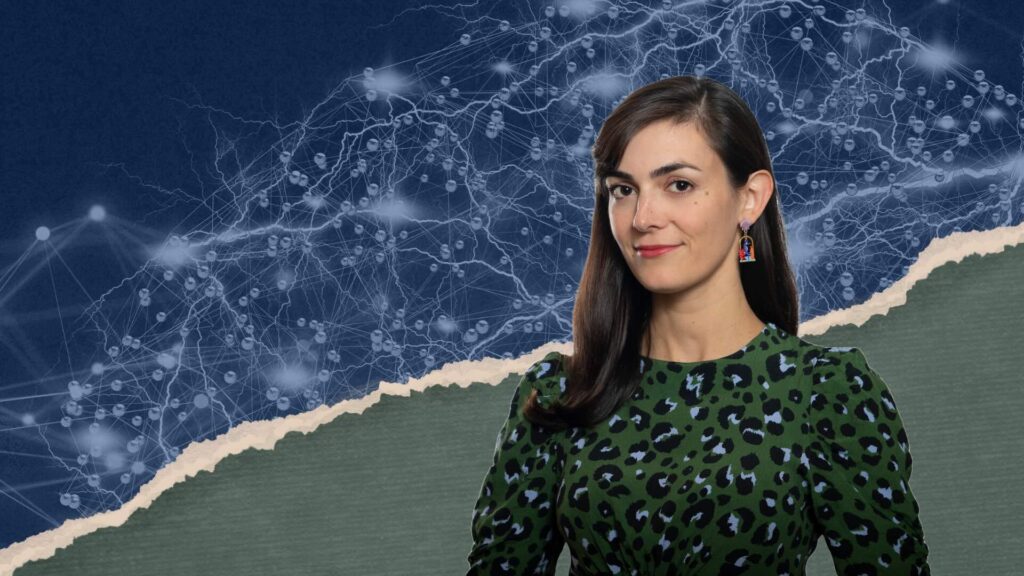
[…] … Sebastien Malo has left Reuters where he was a climate and environment legal reporter. He will be a Knight Science Journalism fellow at […]